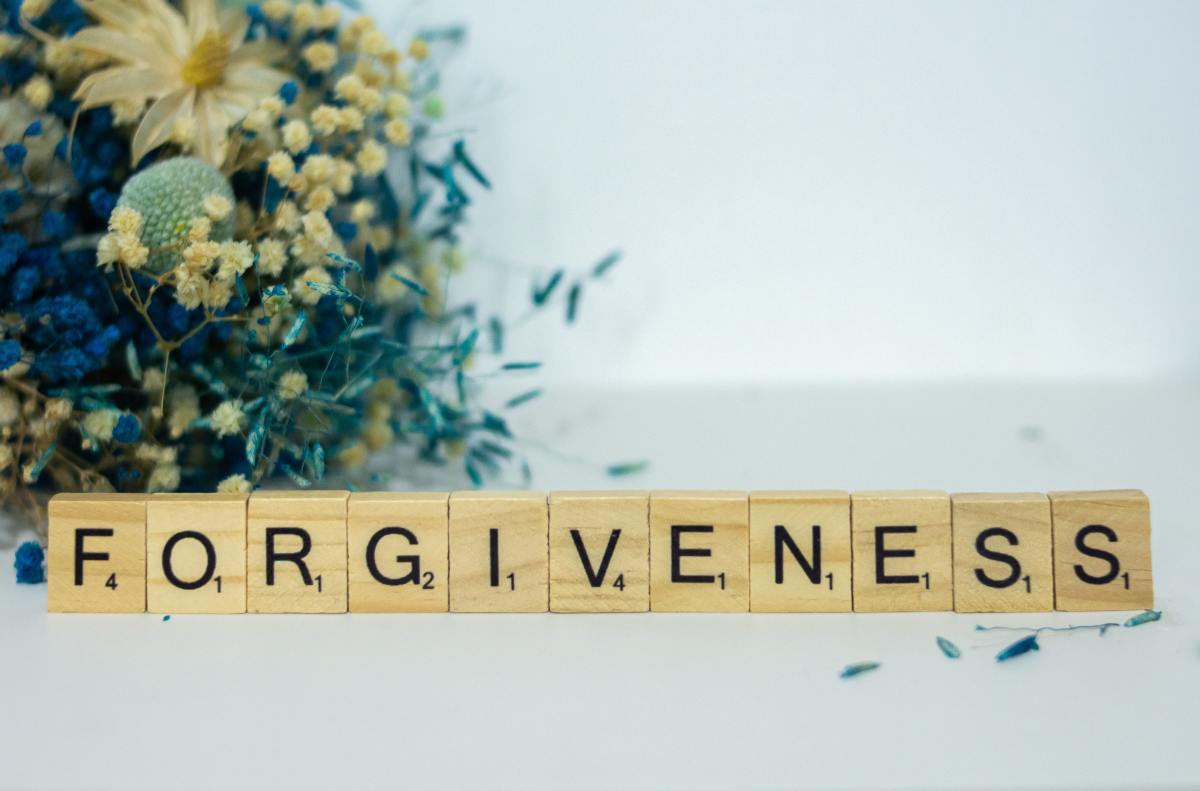How to Forgive Someone and Move Forward with a Clean Slate
How to Forgive Someone and Move Forward with a Clean Slate
Blog Article
Comprehending the Relevance of Forgiveness in Healing Relationships
Forgiveness is typically viewed as an easy act of letting go, yet its value in recovery connections extends far beyond simple absolution. What continues to be to be uncovered is the extensive influence mercy can have on individual growth and common consistency.
The Interpretation of Mercy
Although mercy is frequently perceived as a straightforward act of releasing, its meaning includes a complex interplay of emotional and psychological processes. At its core, mercy is the aware choice to launch feelings of bitterness or vengeance toward an individual or team that has actually caused harm. This procedure is not merely concerning absolving the transgressor; instead, it entails an extensive psychological change that can bring about personal development and healing.
Mercy is multifaceted, often defined by a person's internal struggle to resolve their discomfort with the need for tranquility. It calls for acknowledging the wrongs committed, processing the connected emotions, and eventually choosing to move onward without the concern of displeasure. This option frequently entails a cognitive change, where one reframes their understanding of the transgression and the wrongdoer, permitting for empathy and understanding to arise.
Importantly, mercy does not suggest excusing the habits or forgetting the offense; it is an intentional act that prioritizes psychological well-being. By defining mercy in this fashion, we can appreciate its role in helping with healthier partnerships and cultivating psychological durability, establishing the phase for deeper exploration right into its benefits.
Emotional Benefits of Mercy
Forgiveness uses significant psychological benefits that can greatly influence a person's mental health and general health. When a person selects to forgive, they proactively launch feelings of temper, bitterness, and bitterness, which can or else produce a hefty emotional worry. This launch commonly leads to a decrease in tension and stress and anxiety, promoting a sense of peace and emotional stability.
Additionally, forgiveness cultivates an increased capacity for empathy and concern. By comprehending the viewpoint of the culprit, people can grow a much deeper psychological durability, which boosts their capacity to deal with future obstacles. This procedure not only improves psychological law yet also adds to a more positive overview on life.
Additionally, forgiving others can reinforce one's self-confidence and self-respect. It enables individuals to recover their personal power, breaking without the unfavorable cycles of victimhood - The importance of forgiveness. This newfound empowerment can result in much healthier emotional feedbacks and stronger interpersonal connections
Forgiveness vs. Settlement
The difference in between mercy and settlement is essential in comprehending the characteristics of healing connections. Mercy is an internal process where a specific chooses to allow go of bitterness and negative feelings towards a person that has actually created damage. It is largely an individual trip, focused on emotional launch and self-healing, permitting one to relocate onward without bring the problem of previous grievances.
On the other hand, settlement includes rebuilding and bring back the partnership to a state of trust fund and shared respect. This procedure commonly requires open interaction, energetic participation from both celebrations, and a commitment to dealing with the underlying issues that try these out caused the problem. While mercy can take place separately, reconciliation demands the readiness of both individuals to participate in dialogue and pursue a shared understanding.
It is necessary to note that forgiveness does not always lead to settlement. An individual might forgive an additional without choosing to recover the connection, specifically if depend on has actually been irrevocably harmed or if the connection is regarded unhealthy. Recognizing this distinction allows people to navigate their feelings properly and make notified decisions concerning their partnerships.
Actions to Cultivate Mercy
Cultivating forgiveness is a purposeful procedure that includes several key actions targeted at assisting in emotional recovery. The this content primary step is recognizing the pain caused by the crime. Recognizing one's feelings is vital, as it allows people to refine their feelings really.
Next, reflecting on the event and recognizing its influence can offer clarity. This representation should include taking a look at the motivations behind the wrongdoer's activities and recognizing that everyone is fallible.
The 3rd action entails making an aware choice to forgive. This choice is critical, as it represents a determination to allow go of resentment and move on.
Subsequently, sharing feelings in a useful way can be useful - The importance of forgiveness. Whether with journaling, chatting with a relied on pal, or seeking treatment, articulation of emotions can help in the forgiveness journey
Real-Life Instances of Forgiveness

In an additional instance, a dense team of friends dealt with a substantial rift after one member accidentally shared a personal key. Rather than nurturing animosity, the influenced good friend made a decision Related Site to forgive, recognizing the significance of valuing the relationship over the mistake. This choice urged open dialogue and eventually strengthened their link.

Conclusion
In final thought, mercy plays a crucial role in the recovery of partnerships by facilitating the launch of negative feelings and cultivating compassion. By differentiating in between forgiveness and settlement, people can engage in a constructive procedure that boosts psychological well-being.

Report this page